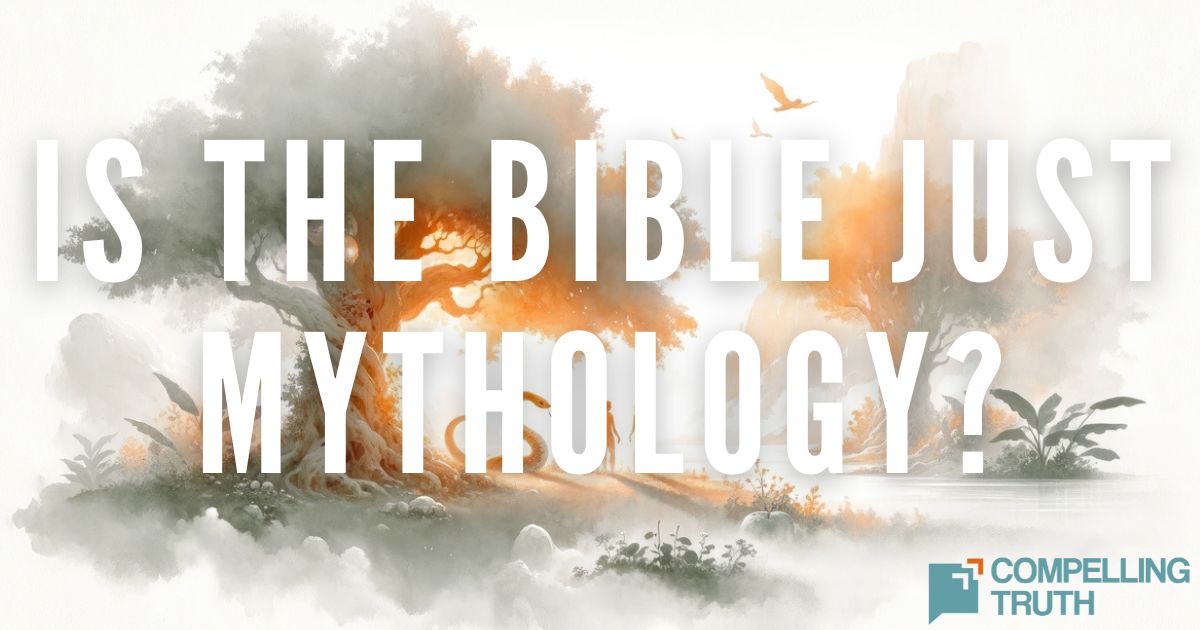what does the bible say?
Mythicism is a theory claiming that Jesus Christ, as described in the Bible, either never existed or had no meaningful connection to the origins of Christianity. Some proponents suggest that any person named "Jesus" from the first century had nothing to do with the Christian faith. Others go further, stating that Jesus was purely fictional, a character invented with no historical basis. However, these ideas are overwhelmingly rejected by both religious and secular scholars. Even historians who are skeptical of the Bible’s theological claims agree that Jesus was a real historical figure.
Mythicism hinges on two flawed premises: first, that the New Testament is entirely unreliable as a historical document, and second, that there are not enough "secular" references to Jesus to confirm His existence. Mythicists also argue that Christian teachings about Jesus were borrowed from older mythological stories, an idea that is widely disputed by experts. While there is debate among scholars about how to interpret certain details of the New Testament and extra-biblical references to Jesus, the extent to which mythicists stretch these arguments is considered extreme and unsupported. Mainstream historians, including those critical of Christianity, view mythicism as more akin to conspiracy theories or pseudoscience than legitimate historical analysis.




